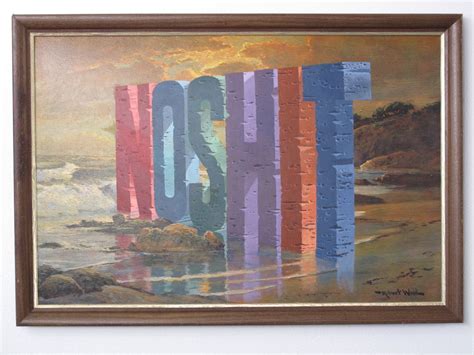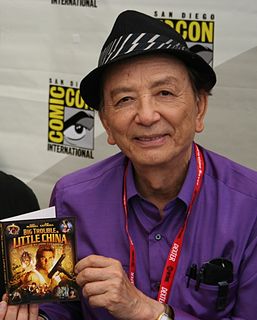A Quote by Elif Batuman
It's kind of an embarrassing story - that's why it's called 'The Idiot.' But looking back at your past self, you see that this person had reasons for everything she did. There's a whole lot of awkwardness, but really, what should one be embarrassed about?
Related Quotes
Beauty is embarrassing for three reasons. When we see something beautiful it calls up raw, naked emotion and that's an embarrassing situation to be in. Number two... People that are born beautiful like supermodels act like entitled a**holes. It makes you embarrassed just to see 'em. They handle beauty embarrassingly. Number three... Artists are people who create beauty. That's the bottom line. It would be really embarrassing to introduce yourself as somebody who makes beauty. So that's just three of several reasons why I think beauty is embarrassing.
But when did you see her, talk to me? When did you see her go into the cave? Why did you threaten to strike a spirit? You still don't understand, do you? You acknowledged her, Broud, she has beaten you. You did everything you could to her, you even cursed her. She's dead, and still she won. She was a woman, and she had more courage than you, Broud, more determination, more self-control. She was more man than you are. Ayla should have been the son of my mate.
I like to have a much greater base and know a lot more about my character before I begin to fill the person. So a lot of it really entails sit-downs with them, determining who she is, where she came from, and why she reacts a certain way, and then I was really able to expand upon a lot of that and create a lot of that story on my own.
Stop torturing yourself, her friends said. Stop living in the past. He was gone. Capital G--Gone. He wasn't coming back. She should focus not on the pain, but on the possibility. Something good would come from all this heartache, something always did. Everything, her friends told her, happened for a reason. She should start looking for the silver lining. She thought she might start looking for new friends.
I believe everything is autobiographical. If it's not strictly about you, it's your peers, your obsessions, things that make you angry, or things that you've been watching or obsessing about. Preoccupying you for reasons you don't necessarily know, but it's about you. It says a lot about you. It's like when someone tells you their dream and you sit there going, "Do you realize how much you're revealing about yourself right now?" It's kind of embarrassing.
Looking back, I do think one of the reasons 'Thirteen Reasons Why' has been so successful is not because it deals with serious issues but because I had a unique and interesting way to tell that story. I knew the issues were going to be dealt with in the book, but I felt my job was to write the story as entertainingly as possible.
I was amazed by this person who, even though she had everything, would go to feed the homeless and visit sick children and Aids victims. It was like a fairy tale. Who was she really? Why did she do this? She was trying to find love. I wanted the world to see her kindness, her humility: I think she realised that would be her way.
I'm not sure a person ever really reveals the whole of himsels or herself to another person, and I'm not sure we should. Or rather, just because you don't, it doesn't mean you can't have a meaningful relationship with another person. It's important to remember that this idea of confessing your most shameful, embarrassing stories and self to someone else as an expression of love and intimacy is a relatively recent phenomenon, and a new definition of what it means to be close to someone. After all, the self is by its nature secretive.
Seeing him like this, dressed just for her in so patent a manner, she could not hold back the fiery blush that rose to her face. She was embarrassed when she greeted him, and he was more embarrassed by her embarrassment. The knowledge that they were behaving as if they were sweethearts was even more embarrassing, and the knowledge that they were both embarrassed embarrassed them so much that Captain Samaritano noticed it with a tremor of compassion.
She remembered the story from her childhood, about Adam and Eve in the garden, and the talking snake. Even as a little girl she had said - to the consternation of her family - What kind of idiot was Eve, to believe a snake? But now she understood, for she had heard the voice of the snake and had watched as a wise and powerful man had fallen under its spell. Eat the fruit and you can have the desires of your heart. It's not evil, it's noble and good. You'll be praised for it. And it's delicious.
One of the really bad things you can do to your writing is to dress up the vocabulary, looking for long words because you're maybe a little bit ashamed of your short ones. This is like dressing up a household pet in evening clothes. The pet is embarrassed and the person who committed this act of premeditated cuteness should be even more embarrassed.
She quoted a dead playwright and called me a bullet with nothing but a future. She understood my lack of self-pity. She knew why I despised everything that might restrict my forward momentum. She knew that bullets have no conscience. They speed past things and miss their marks as often as they hit them.


































